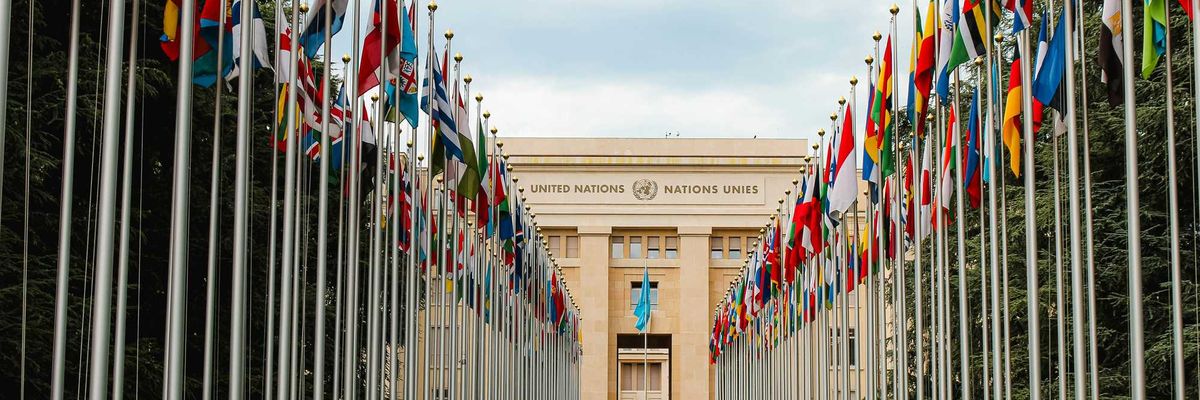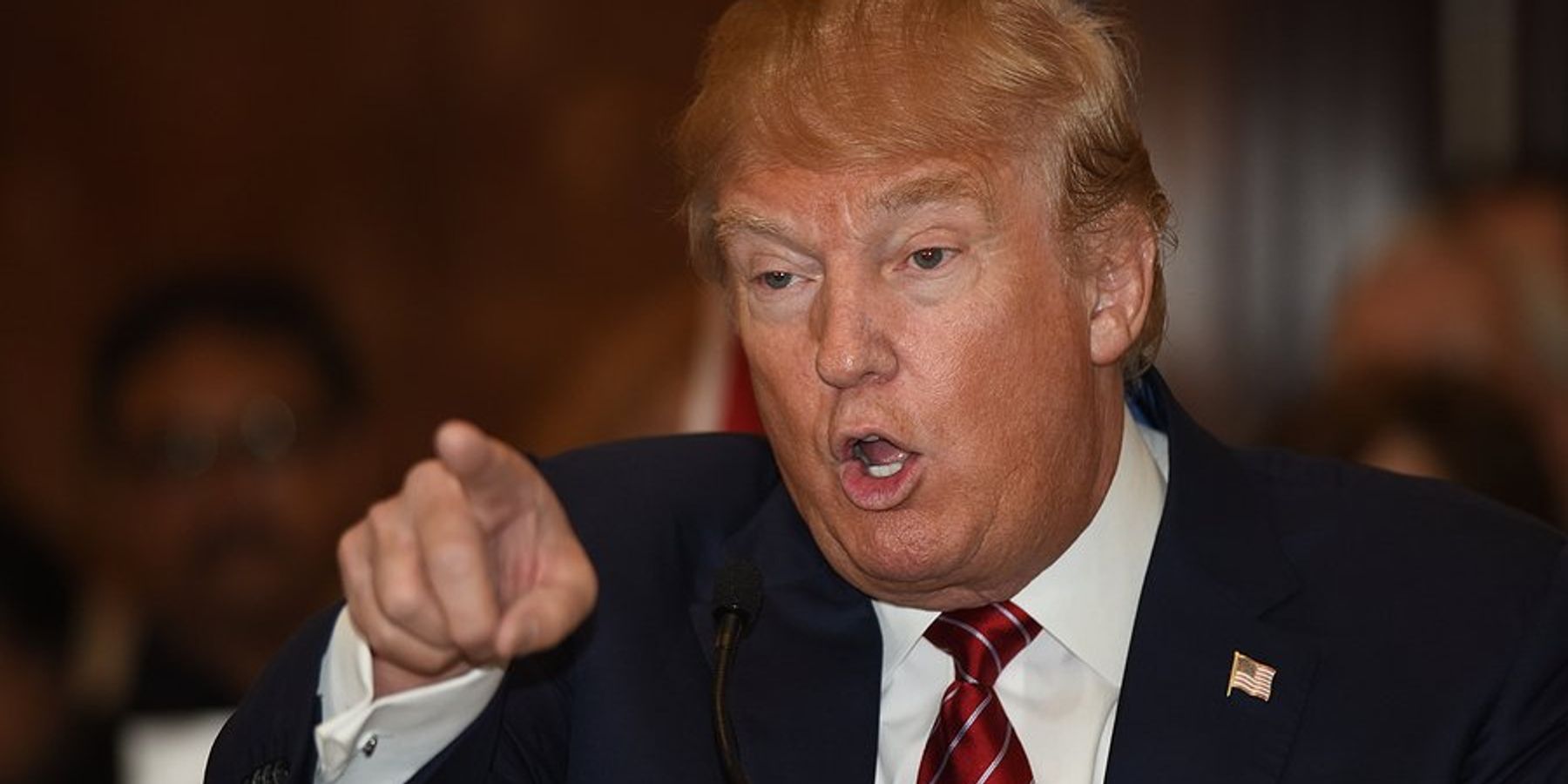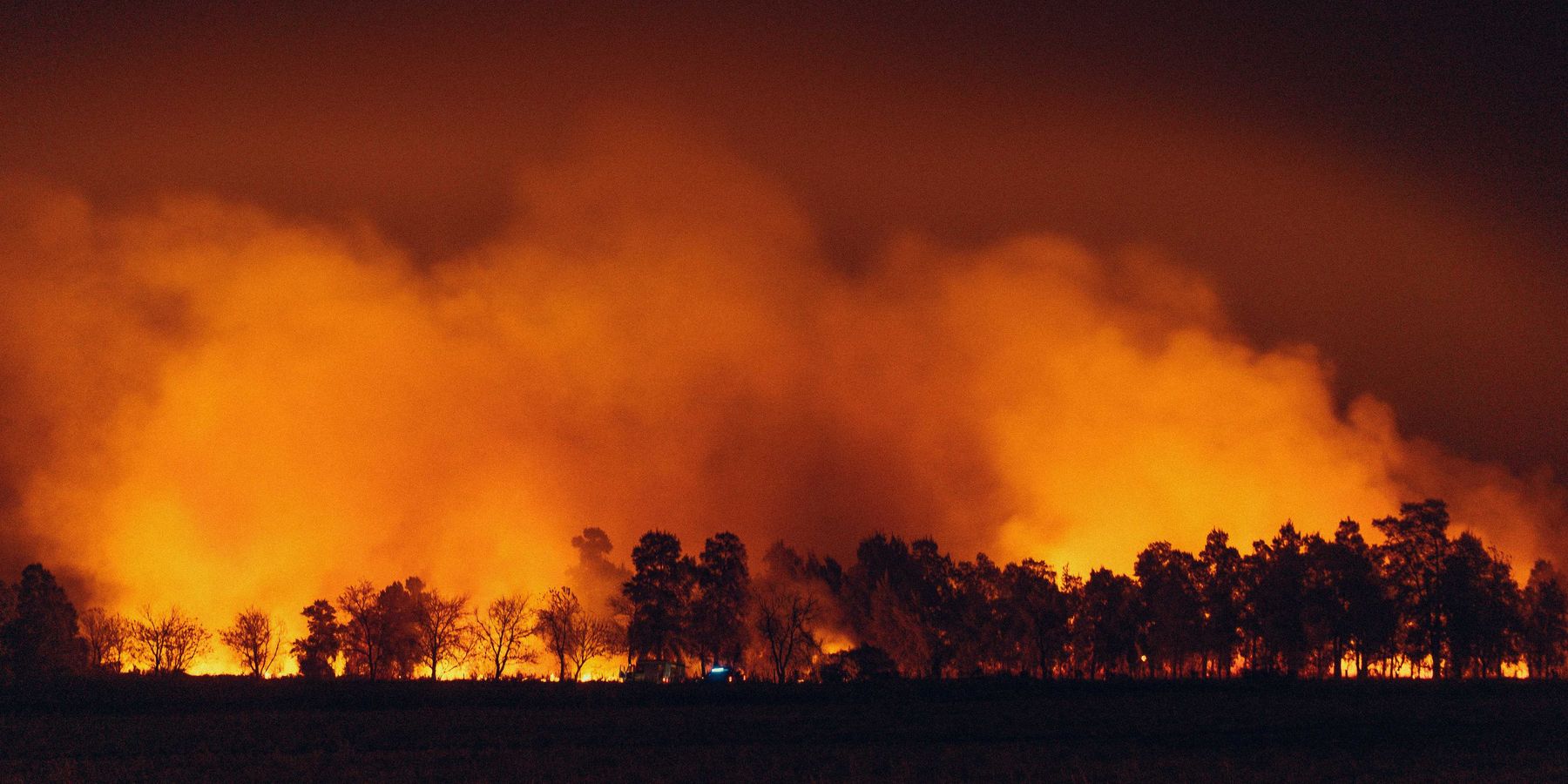financing
Banks continue funding fossil fuels despite global climate agreements
Nearly $7 trillion has been funneled to fossil fuel companies by major banks since the Paris climate agreement, intensifying the global climate crisis.
In short:
- The report highlights that $3.3 trillion of the total financing was aimed at expanding fossil fuel operations.
- U.S. banks lead this financing, with JP Morgan Chase providing the largest sum in 2023.
- European banks, with Barclays at the forefront, contributed a quarter of the fossil fuel financing last year.
Key quote:
“Financiers and investors of fossil fuels continue to light the flame of the climate crisis."
— Tom BK Goldtooth, executive director of the Indigenous Environmental Network
Why this matters:
The persistent investment in fossil fuels threatens to exceed the global heating limits set by the Paris agreement, potentially leading to irreversible environmental damage. This financial support is often justified as necessary for economic growth and energy security in recipient countries. However, critics argue that it locks us into a future dependent on fossil fuels, which are detrimental to the environment and global health.
World Bank's climate reparations role draws criticism
The World Bank, known for its controversial history, now manages a climate reparations fund, sparking debate over its suitability for this role.
In short:
- The World Bank, with a history of questionable impacts on developing nations, is now overseeing a climate reparations fund, raising concerns about its effectiveness and trustworthiness.
- Developing countries express distrust in the World Bank due to its U.S.-dominated structure and past failures, fearing the fund's management may not align with their needs.
- The fund's bureaucratic and costly management style, coupled with the World Bank's track record in fossil fuel investments, adds to the skepticism about its role in combating climate change.
Key quote:
"The structure of the international organizations [like the World Bank] reflects a global power structure that is no longer the case, no longer true."
— Paul Cadario, Distinguished Fellow, University of Toronto
More Top News:
Visit Environmental Health News for the latest breaking news on environmental health and climate change.
Who is pledging climate finance at COP28, and how much?
Canadian Museum of Nature rethinks its relationship with Enbridge
The Canadian Museum of Nature is reevaluating its fundraising policy, particularly concerning fossil fuel funding, amidst internal discussions and a change in leadership, as it seeks to align sponsors' values with its conservation goals.
Offshore wind’s bizarre global problem
‘Take it or leave it’: Acrimony flares amid tenuous agreement on climate aid
Negotiators struck a fragile agreement Saturday over the outlines of an international fund for climate-ravaged countries after hours of acrimonious haggling foreshadowed likely divisions at the global climate talks later this month.









